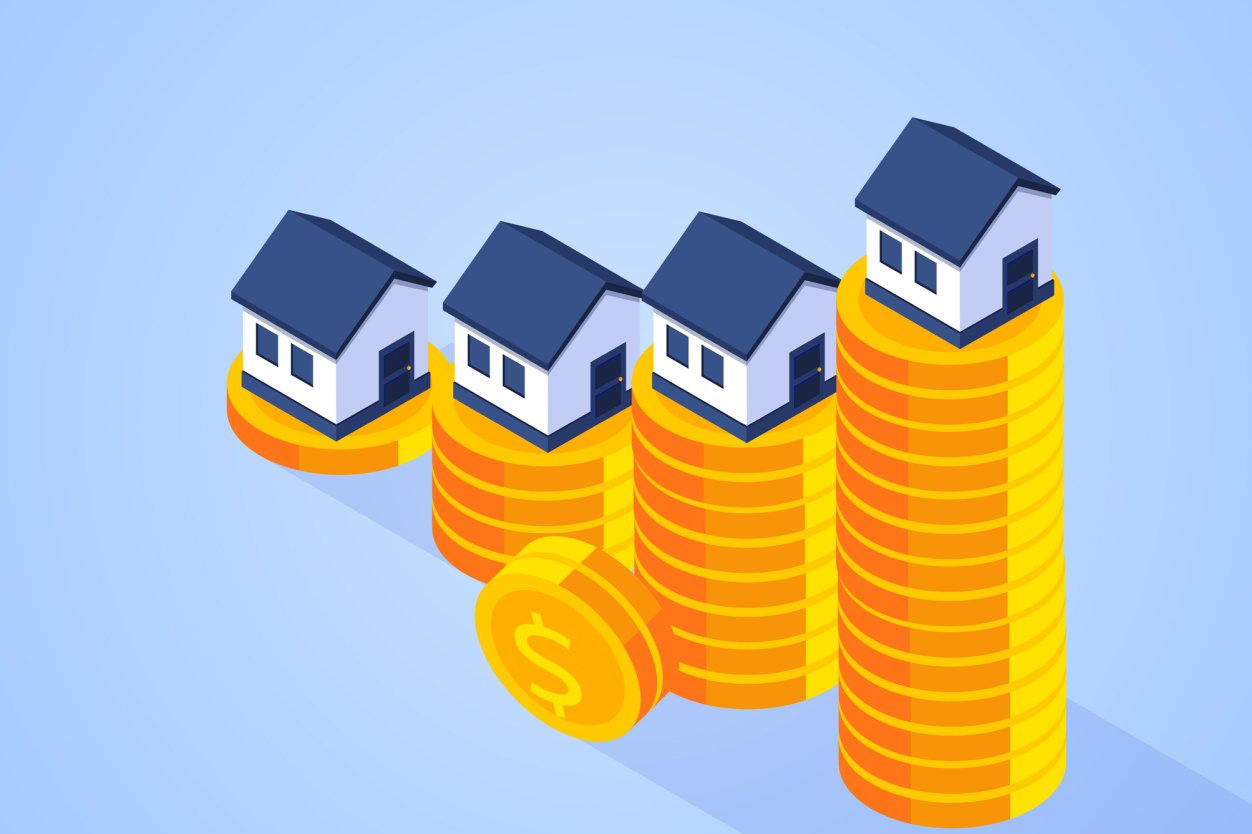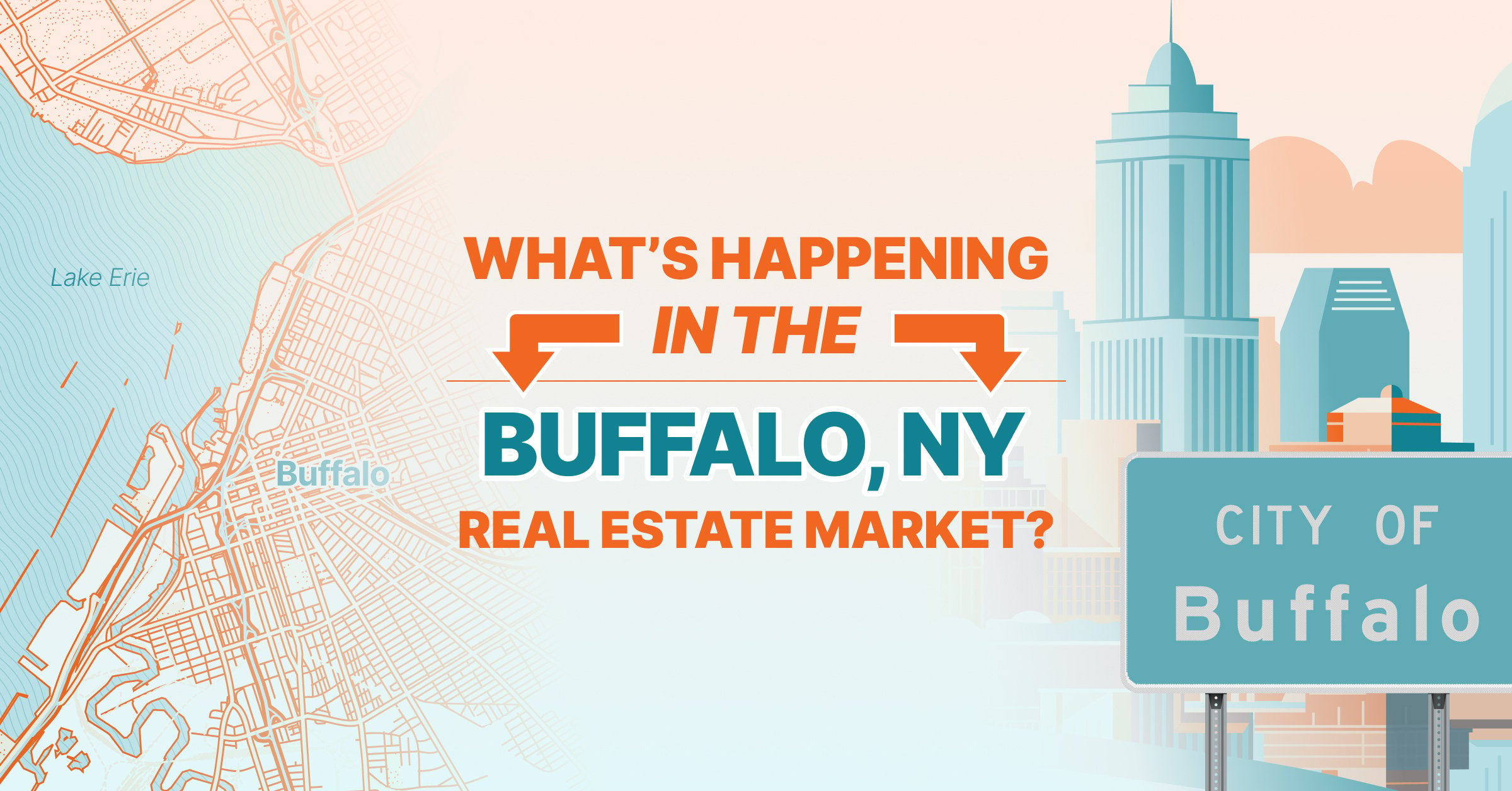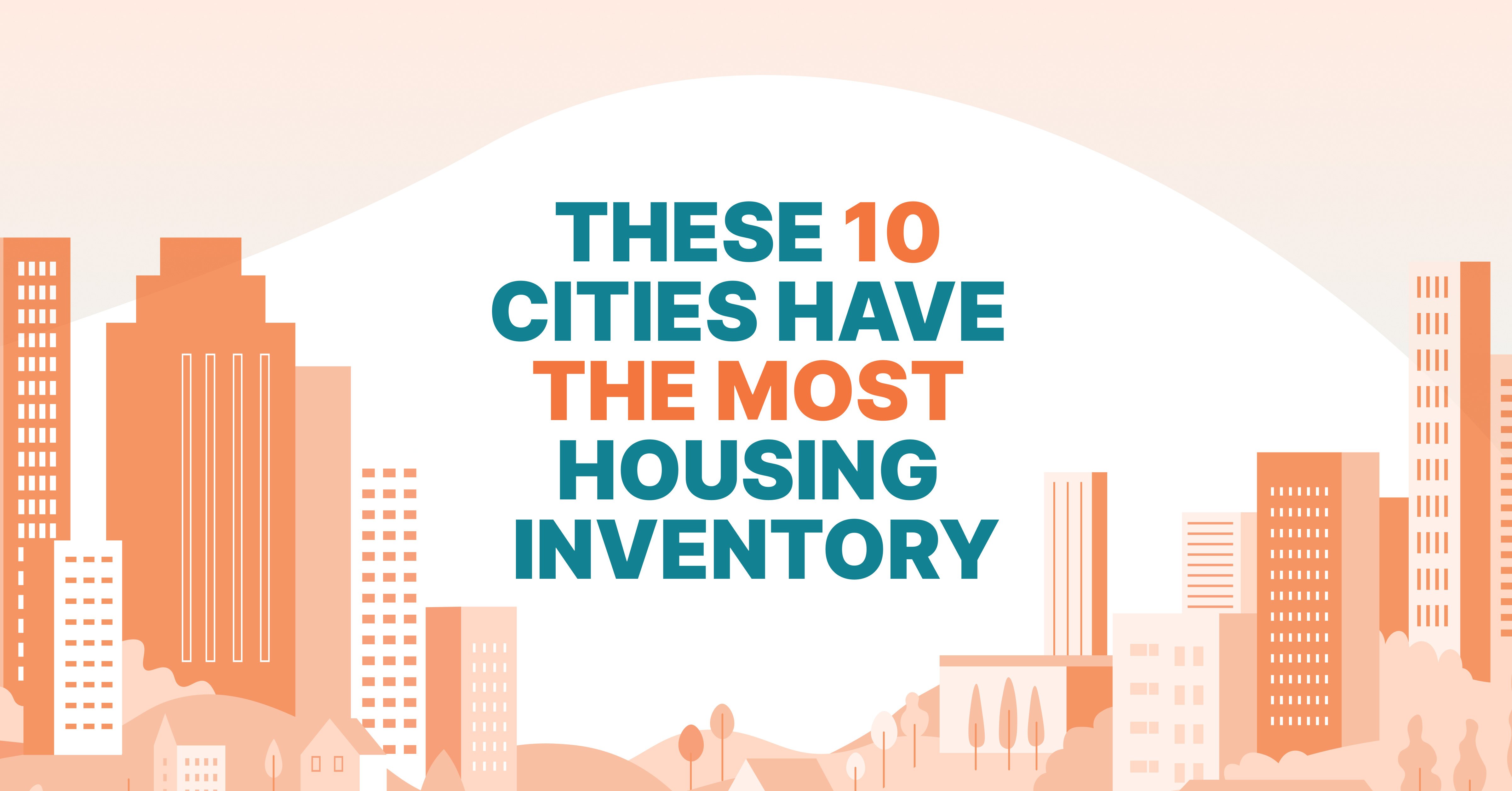Investors seeking property to buy this year may want to consider Dallas, Texas.
Some experts predict it will be one of the nation’s hottest housing markets in 2024, second only to Austin. Furthermore, investor activity in Dallas-Fort Worth (DFW) was up 6% year-over-year in 2023, according to a recent report, despite a constrained market.
Known for its thriving business sector and cultural vibrancy, DFW is the most populous metro in the South. And it’s still growing. To understand whether Dallas could make a good investment opportunity for you, consider the following market trends:
Table of Contents
- Mortgage Rates Are High but May Fall Slightly
- The Housing Shortage Persists but Could Loosen Some
- There’s a High Influx of New Residents Due To a Booming Economy
- Home Prices Are Rising Fast
- Home Sales Are Down but Picking Up
- The Final Verdict (+ Tips for Investing in Dallas Real Estate)
Key Takeaways:
Like many other cities in the US currently, Dallas is experiencing high mortgage rates, a housing shortage, and high home prices.
Mortgage rates are anticipated to fall slightly, potentially encouraging some lower-rate homeowners to re-enter the market.
Dallas's booming economy is increasing regional demand, making local buyers willing to pay higher housing prices.
These trends offer potentially lucrative opportunities for investors.
Mortgage Rates Are High but May Fall Slightly
U.S. mortgage rates are elevated. As of March 7th, 2024, the average 30-year fixed rate is 6.88%. Though still relatively standard compared to historical averages, it’s a far cry from the 2-4% rates in 2020 and 2021. Consequently, many potential homebuyers who could have bought at lower rates are being priced out of the market.
However, that could change if mortgage rates drop. Now that the Federal Reserve has made significant progress in taming inflation, it may cut its key rate, which is a benchmark for all other interest rates. On March 6th, 2024, Federal Reserve Chair Jerome H. Powell signaled that rate cuts in 2024 were likely.
Still, most experts don’t think average mortgage rates will fall by much. The consensus among industry professionals is that they’ll land somewhere between 5.8% and 6.6% by the end of the year. Even so, that’s an improvement from the current 6.88% average.
If and when mortgage rates drop, it could unlock some pent-up homebuyer demand, injecting the market with more buyers and potentially even more inventory as current homeowners are more willing to sell and give up their locked-in low rates.
The Housing Shortage Persists but Could Loosen Some

It’s no secret that the U.S. is experiencing a major housing shortage, and Dallas is no exception.
The city has about three months of inventory (i.e., it would take three months to sell all the homes at the current sales rate), while a balanced market would require at least six months of inventory.
Part of the problem is the “lock-in effect.” According to a recent report, nearly 9 in 10 U.S. homeowners have a mortgage rate below 6%. Over three quarters have one below 5%. For them, selling would require buying their next home at a significantly higher rate. Consequently, many are choosing not to sell, constraining the supply of existing homes.
But again, if mortgage rates fall, it could motivate some of these homeowners to sell, thereby loosening existing home inventory.
Another reason for the housing shortage is a lag in new home construction. Ever since the 2008 housing crash, builders have hesitated to overbuild and get stuck with homes they can’t sell. Furthermore, supply and labor shortages coupled with higher interest rates have increased construction costs. In Dallas, builders also face a challenging building permit process.
As a result, it could be a while before the Dallas housing market reaches an equilibrium between supply and demand, though it’s moving in the right direction.
There’s a High Influx of New Residents Due To a Booming Economy
Dallas’s population is snowballing.
Between 2021 and 2022, the DFW region welcomed 170,396 new residents, more than any other U.S. metro. Now, it’s on track to overtake Chicago as the third-most-populous metro within a decade and become the only U.S. metro to house two cities with populations over 1 million in the next five years.
Much of this population boom is due to companies relocating here. Since 2020, 265 businesses have either relocated or expanded to DFW. Some examples of major companies with headquarters in Dallas include AT&T, Southwest Airlines, and ExxonMobile.
Dallas is also a growing tech hub. In 2022, it ranked third on the CompTIA Tech Town Index. Some of the city’s most prominent tech employers include Raytheon, Deloitte, and JPMorgan Chase. IT jobs are also expected to grow by 10.5% in the next five years.
Companies are attracted to Dallas for its lower operating costs (the city was named the #1 business-friendly city in America) and immense talent pool. Dallas is also home to 13 four-year colleges within city limits and 19 total within a 15-mile radius, including the University of Texas at Dallas and Southern Methodist University.
Finally, Dallas is a central location with a major airport, highway, rail access, and no natural barriers such as rivers or mountains, leaving plenty of room for expansion.
Home Prices Are Rising Fast

Given the high demand for housing and the relative lack of supply, Dallas home prices are rising fast. From 2018 to 2023, the median home sales price rose from $133,300 to $395,788. That’s a 197.35% increase.
Despite higher mortgage rates dampening demand, home sellers can charge high prices because there are relatively few homes for sale (1,659 as of March 7th, 2024).
Of course, it’s impossible to say for sure where Dallas home prices are headed—many factors impact prices. For example, if the housing supply increases, it will put downward pressure on home prices. However, many experts expect the housing shortage won’t be resolved for many years. Consequently, home prices will likely remain high—especially since homebuyer demand from millennials, America’s largest generation, is as high as ever.
Ultimately, some minor home price corrections are possible, but a dramatic fall in home values is unlikely. Instead, they’ll probably keep rising as they have for over a decade.
Home Sales Are Down but Picking Up
With home prices and mortgage rates high and relatively little inventory to choose from, it’s unsurprising that DFW home sales took a dip over the last couple of years. They dropped from about 111,000 in 2020 and 2021 to about 97,000 in 2022 and 90,000 in 2023. Nationally, existing U.S. home sales fell to 4.09 million last year, the lowest level in nearly three decades.
However, DFW home sales have started to pick up recently. In January, they were up over 14% year-over-year, reaching 5,208 compared to 4,560 last year and ranking second in the nation behind only Salt Lake City. This was mainly due to the slight dip in mortgage rates at the start of the year. If mortgage rates continue falling in 2024, we’ll likely see home sales increase even more.
That said, the 2024 presidential election may dampen home sales. Research shows that home sales are as much as 12.7% weaker between June and October of an election year than non-election years. This is because many homebuyers and sellers are waiting to see how the election outcome will impact economic policy. Then, once it’s clear who the president will be, home sales tend to pick up, recovering to their normal levels by November and December.
Aside from the lead-up to the election, however, the overall high demand for housing in Dallas will likely spur an increase in home sales, especially as we enter the spring market, when people are more likely to move.
The Final Verdict (+ Tips for Investing in Dallas Real Estate)
So, is Dallas a good place to invest in real estate in 2024? Potentially. Overall, property values are rising, and market activity is heating up.
Many Americans are fleeing expensive coastal areas for Southern cities like Dallas because it’s more affordable. This will put upward pressure on Dallas home prices, incentivize construction companies to expand supply, or (most likely) both. In any scenario, there will be opportunities for investors.
For example, buy-and-hold investors who buy property before it increases in value may benefit from long-term appreciation. Similarly, fix-and-flip investors who renovate distressed properties and put them back on the market to improve the housing inventory may benefit from the influx of new residents looking to buy homes.
That said, any real estate investment has risk. You’re not guaranteed a profit in any market, so you must do your due diligence before committing to any real estate deal. Fortunately, there are tools available to make the due diligence process easier.
PropStream It!
To quickly narrow your investment prospects and perform the most in-depth property research, PropStream It. PropStream has a database of over 160 million homes, which you can sort through using 160+ search filters and 20 Lead Lists.
Find your first Dallas real estate investment by signing up for a free 7-day trial today!
Notes on sources:
- Unless otherwise cited, data on Dallas home inventory and median list price taken from Altos Research
- Unless otherwise cited, data on Dallas’s population growth taken from Axios



